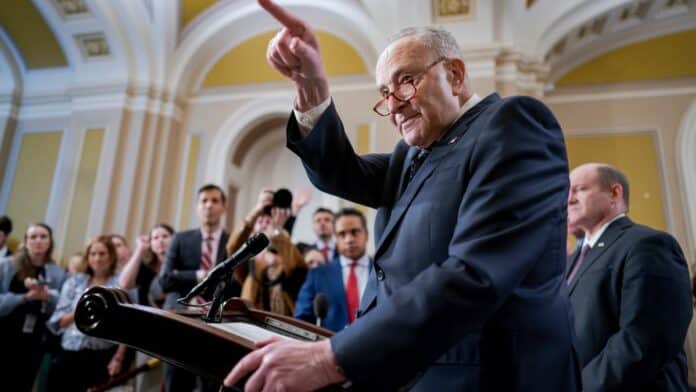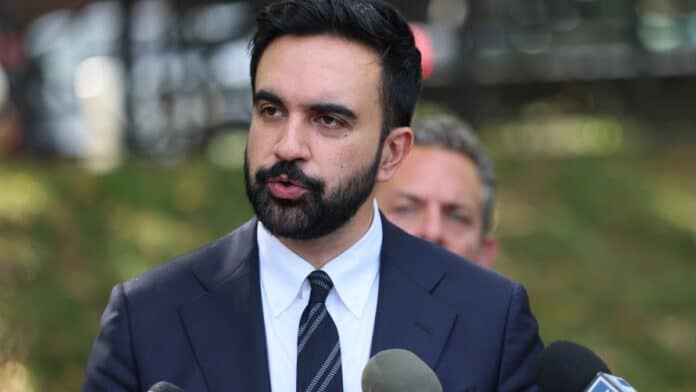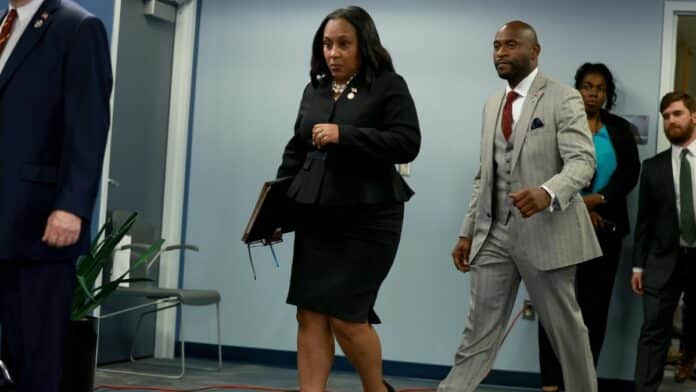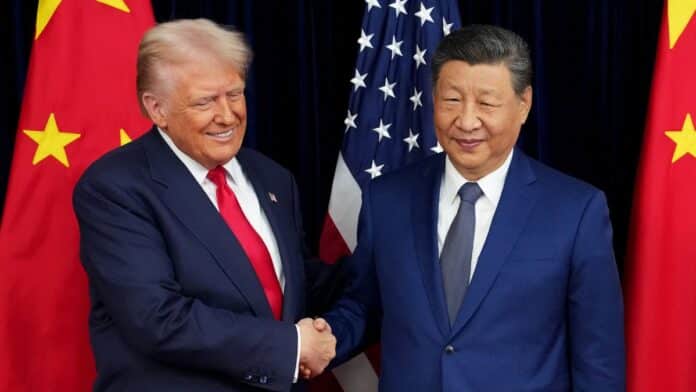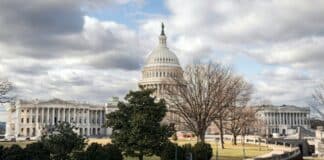Senate Minority Leader Chuck Schumer deliberately avoided participating in recent bipartisan negotiations to avert a government shutdown in order to protect his political standing, according to a senior Capitol Hill reporter.
During Friday’s broadcast of PBS’s Washington Week, Punchbowl News Senior Congressional Reporter Andrew Desiderio said Schumer “was not going to be part of the solution” because he needed to appear combative for political gain after what was viewed as mismanagement during the March 2025 funding crisis.
Desiderio pointed to remarks by Sen. Jeanne Shaheen (D-NH), who led a group of eight Democrats in negotiations with Republicans. When asked if Schumer supported her efforts, Shaheen avoided giving a direct answer—raising questions about whether Schumer had intentionally withheld support to position himself more favorably within his party.
Desiderio noted that Senate Majority Whip John Thune (R-SD) recognized early that Schumer would not engage in compromise efforts. Instead, Schumer focused on maintaining a combative posture to win back credibility after being criticized for his handling of earlier shutdown debates.
The strategy appears to have helped stabilize his position within the Democratic caucus. Despite speculation on social media about Schumer being ousted, Desiderio dismissed the idea, stating that the New York senator is not at risk of being removed in the near term.
However, questions remain about Schumer’s long-term leadership prospects. While he has weathered internal frustrations for now, Desiderio suggested that Schumer’s future as Democratic leader beyond 2026 is uncertain and will hinge on the outcome of the midterm elections.
The report underscores the political maneuvering that often underlies major legislative negotiations in Washington, where partisan optics can override bipartisan problem-solving—even during high-stakes moments like a government shutdown.


